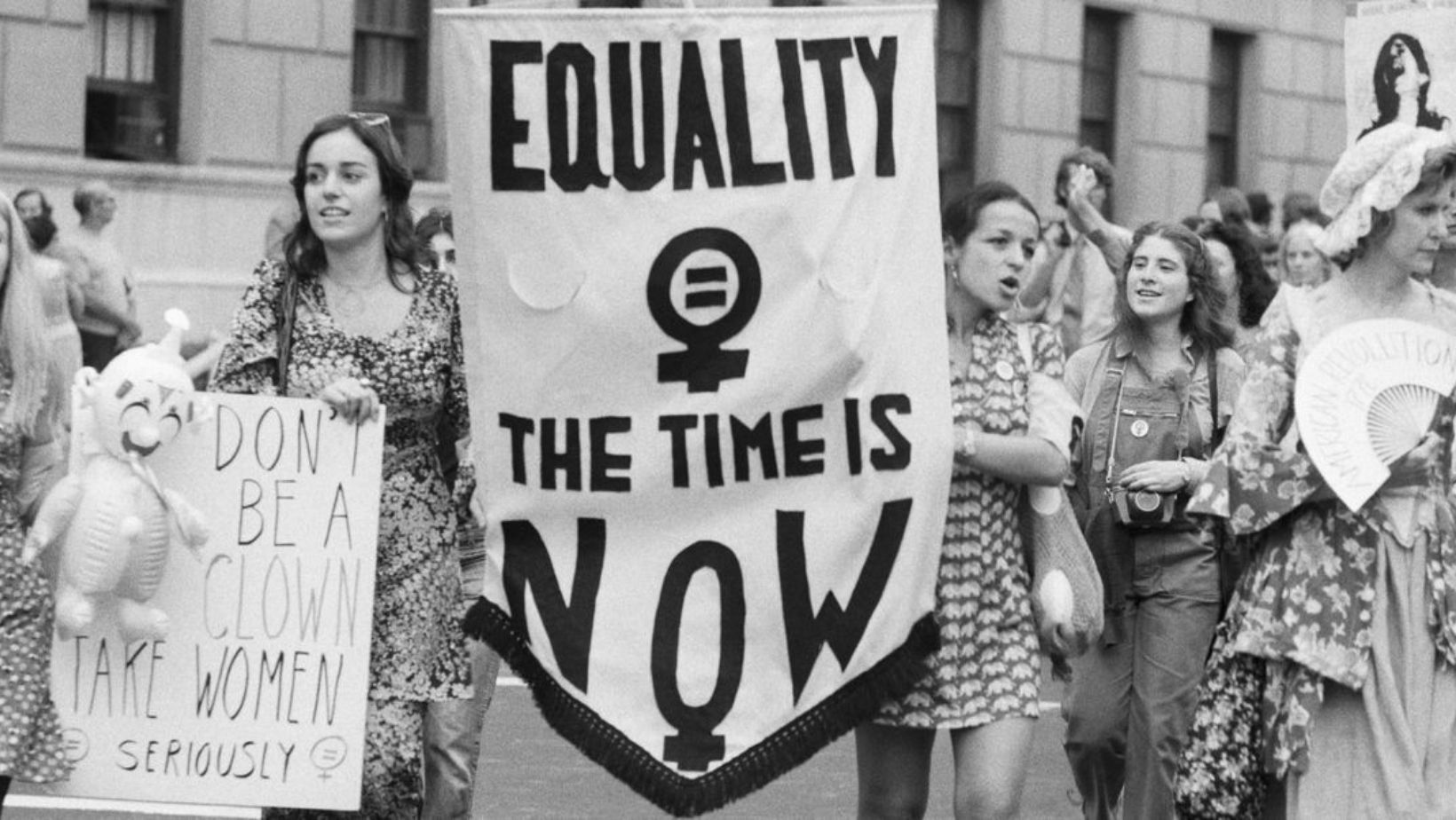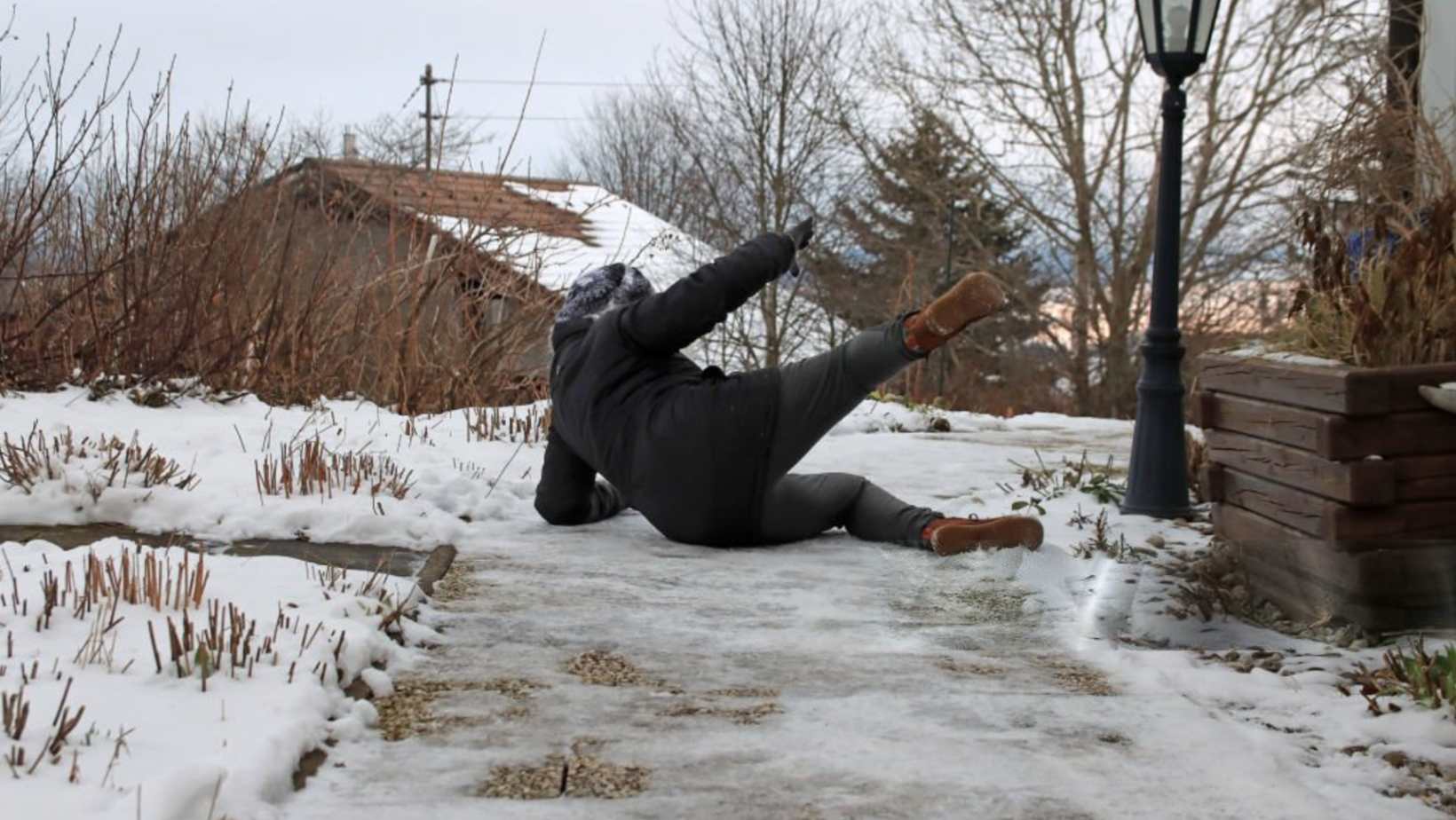On March 8th, 2004, the Czech Republic recognized International Women’s Day (Mezinárodní den žen in Czech—commonly referred to as MDŽ for short) as a state-recognized holiday for the first time since before the Communist regime fell in 1989.
Its recognition fell squarely in line with the norms of the United Nations and the European Union, the latter of which the Czech Republic would go on to join later that year.
The day is approached by these supranational organizations, along with the many countries in which it is actively celebrated, as a time to bring attention to women’s achievements and promote women’s rights domestically and around the world.
Its recognition passed the parliament as part of a bundle of commemorative holidays, so-called “meaningful days” (významné dni), which included a day honoring “victims of the Holocaust” and “victims of the Communist regime”.
However, it was MDŽ that captured the attention of the news media. Throughout the debates in parliament over whether or not to reinstate it, and in the days leading up to its first official postsocialist celebration, national newspapers and tabloids ran a multitude of articles, editorials, opinion polls, and interviews on the topic.
For example, on March 8th 2004, Mladá fronta dnes, one of the largest national papers, provided a forum for a number of commentators to weigh in on the issue under the heading “Should we celebrate International Women’s Day?” In each case, the author chooses a side—either “yes” or “no” and goes on to elaborate their argument.
The newspapers gave a forum for a variety of public figures—politicians, celebrities, women’s NGO members—to weigh in on whether or not postsocialist Czech society should celebrate the holiday.
In doing so, they shaped a widely circulated set of competing discourses about not only constructions of the Communist past, but also the gendered, national, regional, and supranational political imaginaries of the contemporary era.
The passage of the bill reinstating MDŽ took place only a few months before the Czech Republic’s May 2004 entrance into the European Union.
The bill passed with the support of pro-EU then-Prime Minister Vladimir Špidla and the Czech Social Democratic Party (ČSSD), and was in line with many other initiatives related to the promotion of gender equality and harmonization with EU norms.
Among its biggest detractors were members of the Civic Democratic Party (ODS), the main rivals of ČSSD and the party of self-proclaimed “Euro-dissident” President Václav Klaus.
The holiday has been recognized by the United Nations since 1975 and is supported by the European Union governing bodies as being in alignment with their larger program to promote gender equality within member states.
The United Nations envisions the day as a global celebration of women and their struggle for equality:
“International Women’s Day (8 March) is an occasion marked by women’s groups around the world. This date is also commemorated at the United Nations and is designated in many countries as a national holiday. When women on all continents, often divided by national boundaries and by ethnic, linguistic, cultural, economic and political differences, come together to celebrate their Day, they can look back to a tradition that represents at least nine decades of struggle for equality, justice, peace and development…. Increasingly, International Women’s Day is a time to reflect on progress made, to call for change and to celebrate acts of courage and determination by ordinary women who have played an extraordinary role in the history of women’s rights.”
-
NEWSLETTER
Subscribe for our daily news











